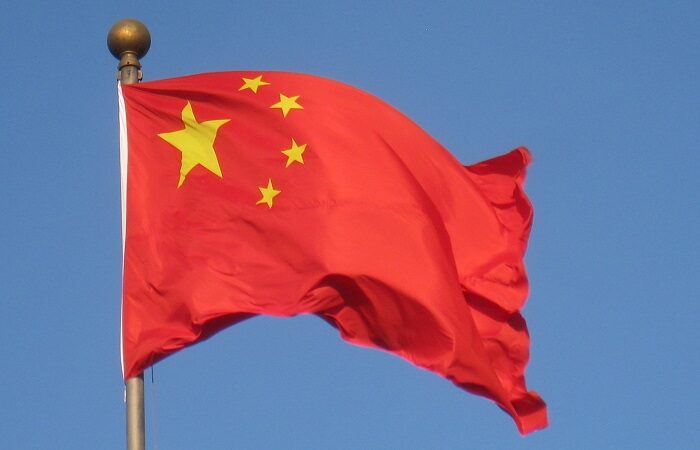China’s Exports Expected to Decline in July as Imports Face Deeper Slump
China’s economy is facing headwinds as the nation grapples with declining export figures and a deepening slump in imports, according to a recent Reuters poll. The situation is closely watched by global markets due to China’s significant role in international trade.
July Exports Slump:
China’s July exports are expected to experience a notable decline, raising concerns among analysts and policymakers. The ongoing COVID-19 pandemic, geopolitical tensions, and supply chain disruptions have contributed to a challenging trade environment for the world’s second-largest economy. The impact of these factors has been felt across industries, affecting production capabilities and leading to a contraction in export activities.
According to the Reuters poll, economists forecast a drop in Chinese exports by 4.5% year-on-year, adding pressure to an already delicate economic landscape. The slump in exports has implications not only for China’s domestic industries but also for trading partners and global supply chains, which have become increasingly interconnected.
Deepening Import Slump:
China’s imports are also expected to face a deeper slump in July, reflecting weakened domestic demand and cautious consumption patterns. The pandemic’s lingering effects on consumer behavior, coupled with a slowdown in overall economic activity, have resulted in reduced import volumes.
The Reuters poll suggests a projected decline in imports by 2.0% year-on-year, signifying a further challenge for businesses reliant on the Chinese market for their products and raw materials. For commodity-exporting nations, the dip in imports from China could impact their own economic growth and revenue streams.
Global Implications:
As the world’s factory and a major player in global trade, any fluctuations in China’s exports and imports reverberate globally. The interconnected nature of supply chains means that disruptions in Chinese trade can create ripple effects throughout the international business ecosystem.
For India, China’s significant trade influence is closely monitored, given their bilateral economic ties and geopolitical dynamics. Any shift in China’s trade patterns can have implications for India’s exports and imports, affecting various sectors such as electronics, pharmaceuticals, and machinery.
Policy Measures and Economic Resilience:
To mitigate the economic challenges posed by declining exports and imports, Chinese authorities may employ a range of policy measures to stimulate domestic consumption, boost industrial production, and address supply chain bottlenecks. The effectiveness of these measures will be critical in determining the extent of the economic recovery.
Furthermore, China’s ability to adapt to changing global trade dynamics and strengthen its domestic resilience will be crucial in navigating uncertainties and emerging as a resilient economic powerhouse.
The outlook for China’s economy in July remains uncertain as exports are anticipated to decline and imports are projected to face a deeper slump. The ongoing pandemic and other geopolitical factors continue to pose challenges for the world’s second-largest economy. As the situation evolves, global markets and trading partners, including India, are keeping a close eye on developments in China, mindful of the potential implications for their own economic prospects.


